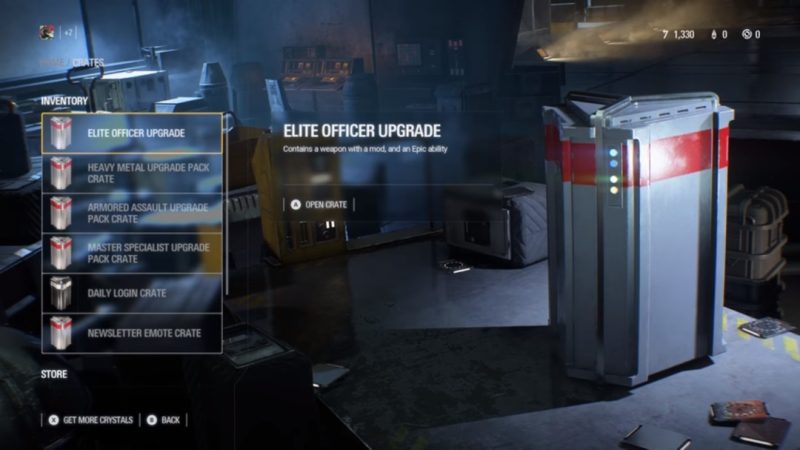Gambling
Australia Institutes New In-Game Gambling Classifications, Automatic 18+ Ratings For Games With “Gambling-Like” Content – PlayStation Universe


Australia has instituted some new classifications for video games and what in-game gambling looks like that could impact future releases.
It won’t apply to games already released, unless of course there is a re-release of that game and it is then reclassified under these new classifications.
But other than that after September 22, 2024, video games found to include “gambling-like” content, “simulated gambling” or activities that have “elements of chance” will be given an R 18+ rating automatically, legally restricting its sale to minors.
Interestingly though, it also lists a reason for a game potentially requiring reclassification as a game that “already contain in game purchases linked to elements of chance or simulated gambling content.” So, are most live services on deck for reclassification?
They could each very well be, and it would be interesting to see, should they be reclassified, if the classification would actually have an impact on the game in a tangible way.
The new guidelines lists some examples of scenarios where a game might be given an R 18+ rating.
For “elements of chance,” it lists examples such as:
- “Video games where players can directly purchase loot boxes or other randomised rewards from the in-game shop using real world currency.”
- “Video games where players can purchase loot boxes or other randomised rewards using in-game currency that has been purchased using real world currency.”
- “Video games where players can purchase keys or other objects used to open loot boxes or other randomised rewards with either real world currency or in-game currency that can be purchased using real world currency.”
For examples of games with “simulated gambling,” it lists:
- “Social casino games that solely consist of simulated gambling activities such as slot machine simulators, roulette wheels or other age-restricted gambling or betting services.”
- “Video games that have interactive activities such as slot machine simulators, roulette wheels or other age-restricted gambling or betting services as part of a broader game (e.g. a role-playing game (RPG) which features a slot machine that players can interact and play with).”
- “Simulated gambling activities in video games must not provide rewards that can be redeemed for real world currency or traded to other players in-game for real world currency.”
The guidelines also describe the kinds of games its not trying to go after, for example:
- “Video games with chance-based mechanics or rewards but no way to directly or indirectly use real world currency to obtain rewards are not intended to be captured.”
- “Video games which feature casino settings, imagery or themes but do not allow players to engage or interact with gambling activities are not intended to be captured.”
Australia isn’t the only region in the world cracking down on loot boxes and other kinds of tactics used with micro-transactions, as a recent report from the BEUC claims game studios are manipulating players for profit.







